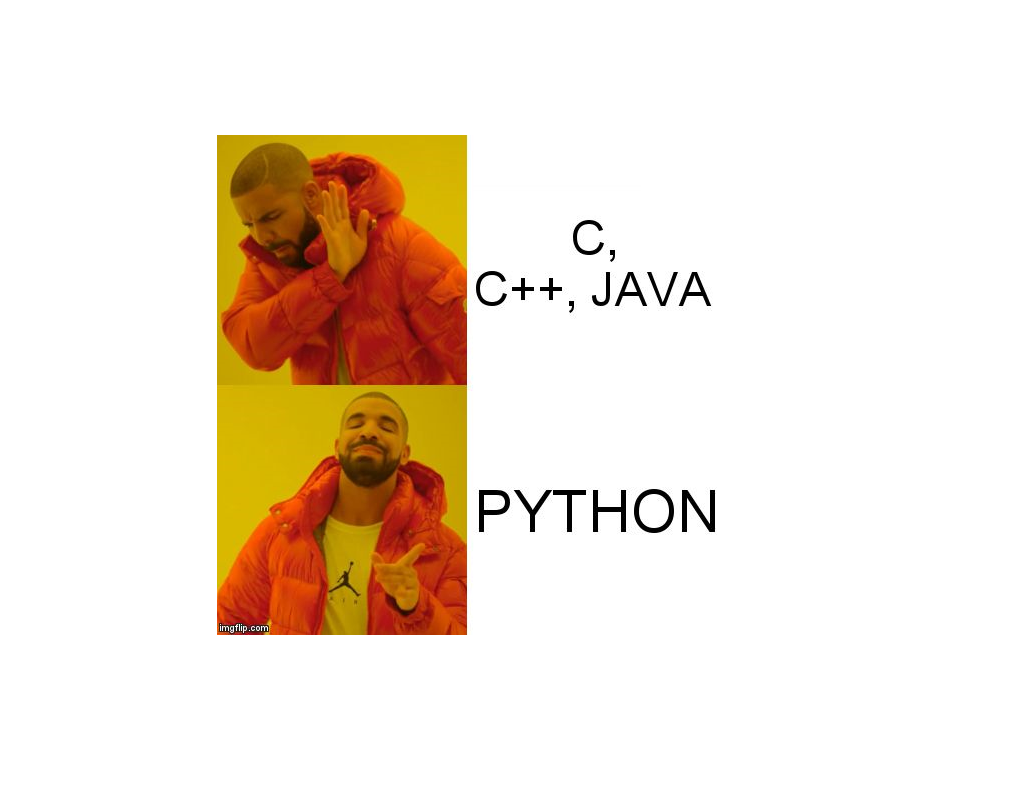Introduction
Hey there, fellow DevOps enthusiasts! So, you're intimidated on hearing about coding, huh? Maybe you've been wondering if it's crucial for becoming a kick-ass DevOps engineer. Well, I got you covered.
In this blog we're about to embark on a super exciting journey into the realm of programming languages! In this easy-to-follow tutorial, we'll unravel the mysteries of scripting languages, understand their significance in DevOps, and take our first steps into the wonderful world of Python with hands on task at the end. Ready? Let's dive in!
What is a Scripting language?

Scripting language, in simple terms, is the language that both the machine and human understands. It is used to give instructions to the system for performing certain tasks such as automation tasks and solving problems.
Scripting languages often have syntax and some features tailored for certain purposes, making them particularly useful for tasks like system administration, web development, data analysis, and more.
Significance in DevOps:
Scripting languages play a crucial role in DevOps by providing automation of various tasks involved in software development, deployment, and operations. They help streamline processes, increase efficiency, and facilitate continuous integration and delivery.
Scripting automates repetitive tasks such as configuration management, deployment, monitoring, and testing, allowing DevOps teams to focus on more strategic initiatives.
It promotes consistency, scalability, and agility in managing complex infrastructure and applications.
Real-world examples of scripting language applications in DevOps
Examples include automating server provisioning, configuring infrastructure with tools like Ansible or Terraform, deploying applications using scripts or CI/CD pipelines, monitoring system health and performance, and managing cloud resources dynamically.
Python

What is Python?
Python is a Open source, general purpose, high level, and object-oriented programming language. It was developed by Guido Van Rossum.
Python consists of vast libraries and various frameworks like Django, Tensorflow, Flask, Pandas etc. that makes it easier to understand and work with and makes it more user friendly.
Its simple syntax, extensive support for automation, and robust community make it an ideal choice for scripting in DevOps environments.
Installation guide
WINDOWS:
Visit the official site, https://www.python.org/downloads/ and Download the latest Version and Install it.
As of now the latest released version is 3.12
Check the version by typing
python --versionIn case its not showing, navigate to the "bin" folder in python, copy the path, and update it in the "Path" section of Environment variable section.

Direction to Environment variable:
Search "Environment Variable" in the search Bar and enter. It'll open system Properties

Click on "Environment variables" button in the bottom right Corner, It'll open this.

Click on "Path" in the "User Variables" section ( TOP One), It'll opena terminal like this

Click on "NEW", Add your path, and click on OK. And that'll solve your problem.

UBUNTU:
Use apt-get install python
For specific version apt-get install python3.X , where X is the latest release version number.
Practice Tasks
Task1:
Install Python in your respective OS, and check the version.
Read about different Data Types in Python.
Follow the above steps and Install python, along with that go through the basics of Python because in the next blog we'll dive deeper, understanding Data-Types and Data Structures. Followed by hands on practice sessions.
Conclusion
So with this, we finally took our first steps into the wonderful world of coding! With scripting languages like Python by your side, you're well on your way to becoming a DevOps ninja. Remember, it's all about curiosity, practice, and a healthy dose of experimentation. So keep coding, keep learning, and most importantly, have fun! Until next time, happy coding, fellow DevOps adventurers!
Don't forget to share your Journey over LinkedIn, tag me and let the community know that you have started another chapter of your Journey.
Ending this with a quote
Success is not final, failure is not fatal: It is the courage to continue that counts. - Winston Churchill
Happy Learning


